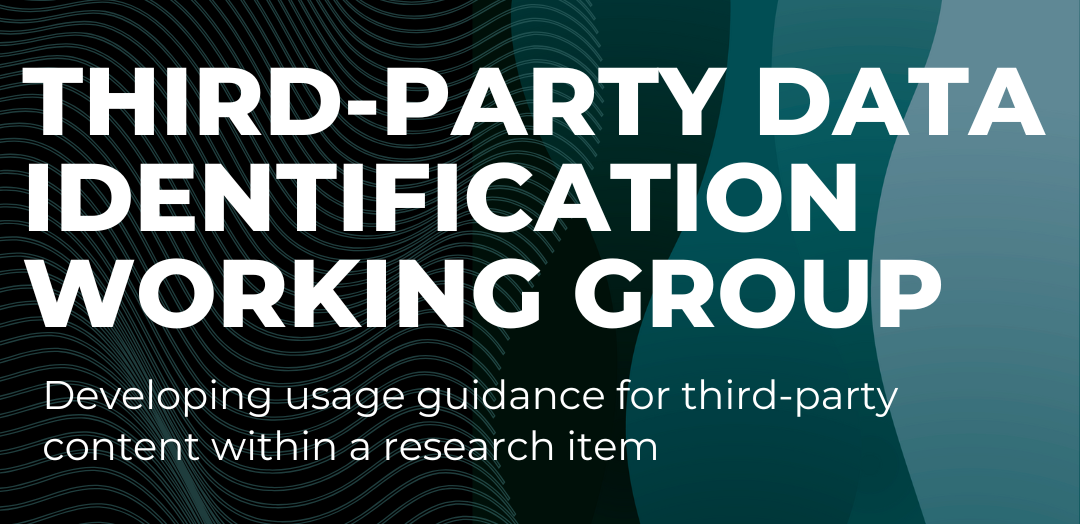July 2019
The draft of the upcoming update to the RIXML Interactions Standard is now available for public comment. Note that this is a major update, and will break backward compatibility with the current version of the standard.
Key changes include:
- leveraging the common and datatypes schema files used by the other standards in the RIXML Standards Suite, streamlining the process of maintaining all of our standards while simplifying implementation by firms using multiple RIXML standards.
- improving the method of identifying the number and types of firms involved in an interaction
- reorganizing the tags used to identify the firms and individuals involved in an interaction
- enhancing the ability to connect related interactions
- adding the ability to connect related research content
- refining the mechanism to track the status of both the interaction itself and of each participant in the context of the interaction.
The comment period release package includes three schema files and a Data Dictionary that contains information about each tag, best practices, and implementation guidelines. Release package files can be downloaded here:
- Main schema file for the Interactions Standard v2.0: Main (.xsd)
- Schema file containing elements shared among all of the standards in the RIXML Standards Suite: Common (.xsd)
- Schema file containing the values for all enumeration lists used in the RIXML Standards Suite: Data Types (.xsd)
- RIXML Interactions Data Dictionary: Data Dictionary (.pdf)
The press release announcing this comment period release can be found here.


